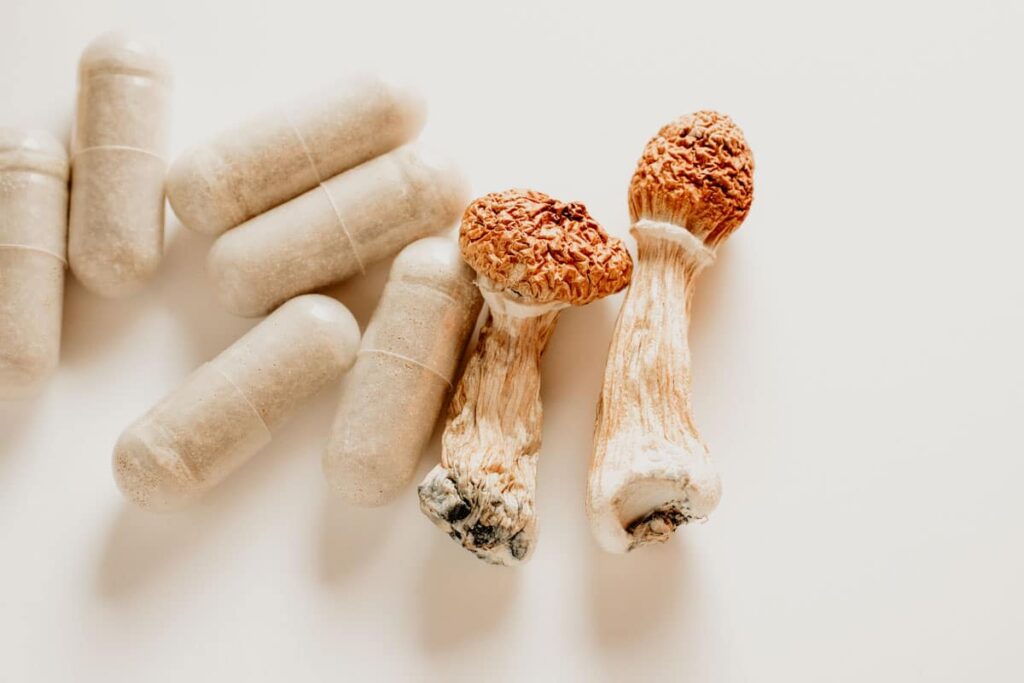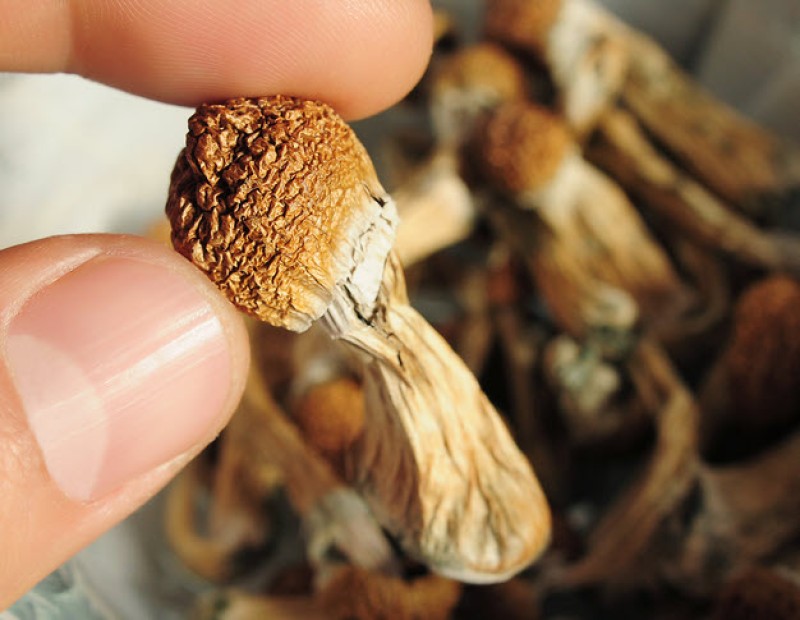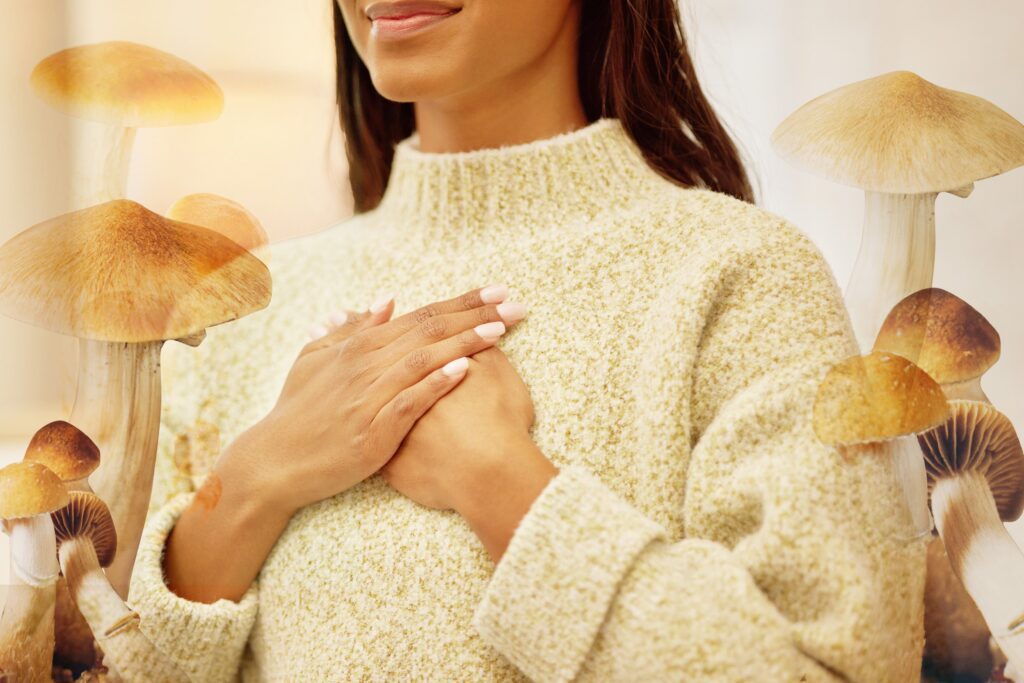
The journey of emotional well-being has led many individuals toward unconventional methods of self-improvement. Among these methods, microdosing psilocybin has emerged as a particularly intriguing approach. This article explores what microdosing entails, the nature of psilocybin, and how the practice can contribute to emotional well-being. By delving into contemporary research and personal accounts, we aim to provide a holistic view of this emerging field.
Understanding Microdosing and Psilocybin
What is Microdosing?

Microdosing involves the administration of sub-threshold doses of a psychoactive substance, which typically do not lead to perceptible alterations in perception or cognition. Standard microdoses of psychedelics are about one-tenth to one-twentieth of a standard recreational dose. The goal is to achieve subtle enhancements in emotional and cognitive function without experiencing the full effects of the drug.
Dosing Guidelines:
– Beginner Level: 0.1 to 0.3 grams of dried mushrooms.
– Intermediate Level: 0.3 to 0.5 grams for those with prior experience.
– Higher Levels: 0.5 to 1 gram, but caution is advised at these levels due to stronger effects.
What is Psilocybin?

Psilocybin is a naturally occurring psychedelic compound found in certain species of mushrooms, often referred to as “magic mushrooms.” Upon ingestion, psilocybin is converted into psilocin, which interacts with serotonin receptors in the brain. This interaction is believed to influence mood, perception, and cognition, making it a subject of scientific interest in relation to mental health therapies.
Mechanism of Action:
– Psilocin mimics neurotransmitters, such as serotonin.
– It binds to serotonin receptors, particularly the 5-HT2A receptor, leading to altered mood and perception.
Microdosing Psilocybin and Emotional Well-Being
Benefits
Recent anecdotal reports and preliminary studies suggest that microdosing psilocybin could offer various benefits for emotional well-being:
1. Reduction of Anxiety and Depression:
– Microdosing leads to reductions in feelings of anxiety and depressive symptoms. Users often report a greater sense of peace and emotional balance, enhancing their overall mood.
2. Improved Emotional Resilience:
– Individuals practicing microdosing report heightened emotional resilience, allowing them to navigate stressors more effectively. They claim to respond to challenges with improved perspective and better coping mechanisms.
3. Enhanced Creativity and Focus:
– Users often experience an increase in creativity and cognitive flexibility, leading to improved problem-solving skills and innovative thinking.
4. Mindfulness and Presence:
– Microdosing has been associated with enhanced mindfulness, allowing individuals to engage more fully with their surroundings and emotions, thus fostering a deeper understanding of their emotional states.
Personal Testimonials and Experiences

Numerous individuals who have adopted microdosing practices share their transformative experiences:
– Case Studies: Many report improved emotional clarity, deeper connections in relationships, and a noticeable reduction in daily stress levels. For instance, a software engineer shared how microdosing helped him break away from negative thought patterns that had been affecting both his personal and professional life.
– Community and Support Networks: Online forums and local groups dedicated to microdosing provide essential platforms for sharing experiences and advice, thus creating a supportive environment that fosters collective learning and emotional growth.
Final Thoughts
Microdosing psilocybin presents an exciting frontier in the quest for emotional well-being. With its potential to reduce anxiety, enhance emotional resilience, and boost creativity, it is garnering increasing attention both in scientific research and personal anecdotes.Ultimately, the intersection of traditional knowledge and modern science pave the way for innovative approaches to mental well-being in the years to come.





